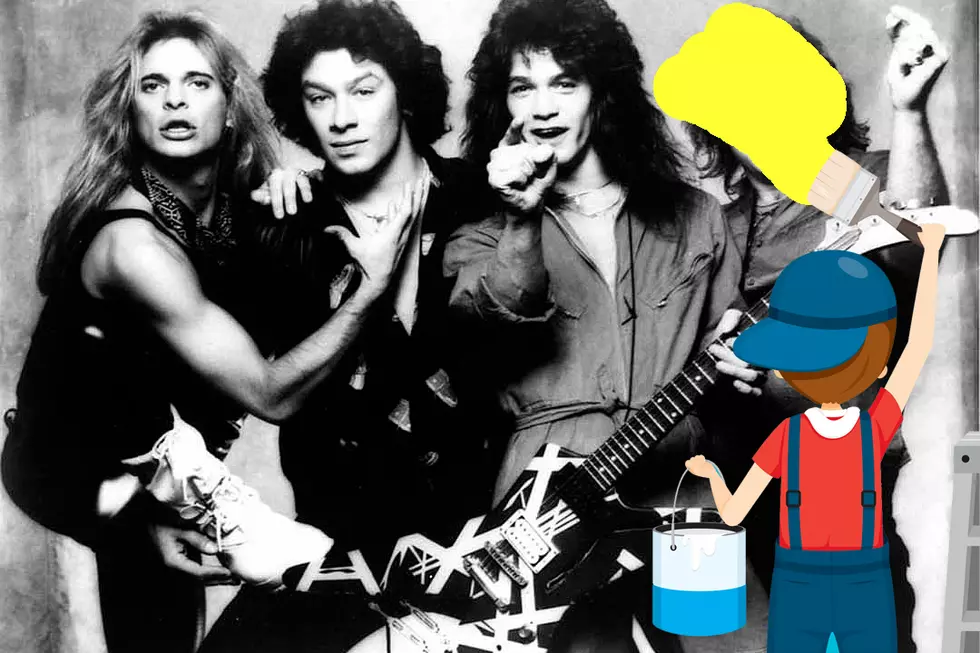
Aerosmith’s ‘Dude (Looks Like a Lady)’ Was Inspired by Vince Neil
Released as the first single from 1987's Permanent Vacation, "Dude (Looks Like a Lady)" began Aerosmith's late-'80s comeback. According to co-writer Desmond Child, the titular dude was inspired by Steven Tyler mistaking Mötley Crüe's Vince Neil for a woman.
On the occasion of his receiving ASCAP’s Founders Award, Child recalled the writing of several of his hits for People. He said that he had been hired by Geffen A&R man John Kalodner to collaborate with the band, the first time they had ever worked with outside writers. As he recalled, he was "warmly greeted" by Tyler but remembered Joe Perry as being "stand-offish," and then they went to work.
He wrote, "They played me a backwards guitar loop that sounded like a boogie blues harmonica and Steven began singing 'Cruisin’ for the ladies, da-dap da-dap… cruisin’ for the ladies' and asked me what I thought. The first words out of my mouth were, 'I think that really sucks. It sounds like a bad Van Halen cast-off they wouldn’t even put on the worst record of their enemy.'"
That made Perry even more upset, but then Tyler spoke up. He "sheepishly admitted that he had mistaken blonde mullet-topped Vince Neil of the band Mötley Crüe for a hot chick from behind at a bar and started to sing 'Dude looks like a lady.' I lit up and said, 'Now THAT’S a hit song title!' Joe finally spoke up and flatly said, 'But we don’t know what means.' I said, 'I know what that means,' and talked them into the premise of an average guy who 'cruised into a bar on the shore' and falls head over heels in love with the curvaceous stripper on stage, only to later find out that 'she' was a 'he'… but goes for it anyway."
Child also took pride in how, with issues of gender identity in the headlines today, the song was way ahead of its time in its treatment of the subject. "The idea of a transgendered character in a hit song being shown in a positive light was completely fresh and revolutionary," he continued. "It was so catchy that even without knowing what the song was about, people everywhere started spontaneously singing it at the top of their lungs. Even Mrs. Doubtfire was doing the broom dance to it and every little kid in America could sing all the words by heart. I heard one drunk guy on the street yelling, 'Do a naked lady' — I guess that’s what he probably wanted it to say. The other side of a song is the listener who always brings their own story to a song no matter what it’s saying."
More From ME TV FM 97.5










